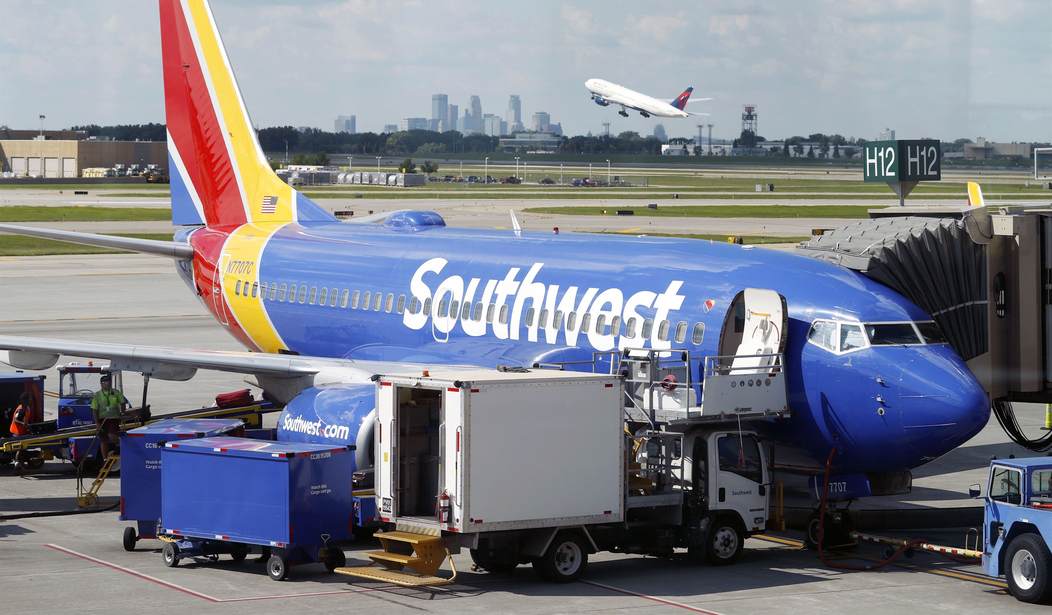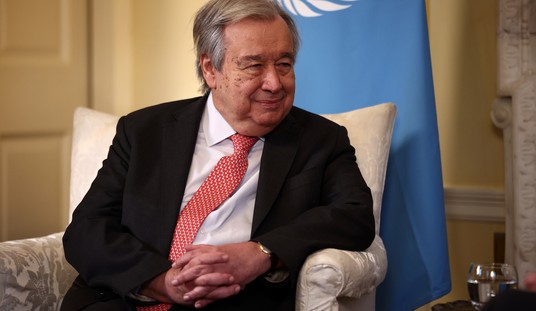Boeing's troubles with their 737 MAX series of aircraft appear to be continuing, despite many of the planes having already been returned into service. At the beginning of the month, we heard from a group of former Boeing managers and engineers who advised the public not to book a flight where they would wind up on a 737 MAX. They hoped the word would spread to friends and family members who also needed to travel by air. That group included Ed Pierson who had worked as a supervisor at the company's production facility in Washington state and was familiar with the production and quality issues they faced. This week, Pierson is back in the news and he provided an interview to Politico. The situation hasn't improved and his advice hasn't changed. Avoid flights on Boeing 737 MAX aircraft if you possibly can.
In 2018, Ed Pierson decided that he could no longer work as a senior manager for Boeing’s 737 MAX program.
At the company’s production facility in Renton, Washington, he had watched as employee morale plummeted and oversight and assembly procedures faltered. He told his superiors but retired soon after. But then fatal MAX 8 crashes occurred in 2018 and 2019. He decided to speak up publicly and was then called to testify before Congress on the problems he says he saw up close.
Five years later, after a door plug blew off of a 737 MAX 9 in the middle of an Alaska Airlines flight last month, Pierson is again trying to sound the alarm. Regulators ultimately approved the plane to return to the air nearly two years after the 2019 crash, but Pierson still doesn’t trust the MAX line — the modernized, more fuel-efficient version of Boeing’s predecessor planes.
According to Pierson, the problems at Boeing are not being driven by incompetence or daunting technical challenges. He said that they are still capable of building "quality airplanes." But he blamed "leadership or lack thereof, and the pressure to get airplanes out the door is greater than doing the job right.” That's a rather stinging critique and I would wager that the current administrators at Boeing are getting pretty tired of this guy going out in public and airing their dirty laundry.
In response, a spokesperson for Boeing said that the company has made "substantial changes" to how it operates. They have hired more engineers and added a special designee for employees to raise work-related concerns. They further claim that they have "never hesitated" to slow down or even halt production when safety concerns warranted such a course.
That all sounds great, and perhaps they have done those things. But I won't blame anyone for still being a bit nervous since they haven't been able to convince Ed Pierson that everything is shipshape. He told Politico that he's not suggesting that all of the 737 MAX planes are unsafe, but enough concerns remain that he wishes more people were able to quickly differentiate those aircraft from other models.
Simply asking about it when you make your reservations isn't good enough according to Pierson. He's been avoiding the MAX line for a while now and even he ran into problems. He claims to have booked a flight across the country last year where he specifically selected one with a non-MAX aircraft. But when he arrived at the gate and was directed to his seat, he immediately discovered that the plane was indeed a 737-8 or 737-9 MAX. (You can find that information on the safety card they put in the seatback pocket in front of you.) He got up and told the flight steward he was getting off the plane and even had to argue with them to be allowed to go back to the terminal.
Pierson said that the recommendation from his new Foundation for Aviation Safety is that the fleet of MAX planes " get grounded — period. Get grounded and inspected and then, depending on what they find, get fixed." I can't disagree, but I was also under the impression that Boeing was already doing that. They grounded the fleet after the Portland blowout and were supposedly inspecting all of them before returning them to service. Does Pierson believe that those claims are inaccurate or the inspections are not being conducted thoroughly enough?
I still find it disturbing that the types of faults being discovered are purely mechanical in nature. While the two crashes in 2018 and 2019 were absolutely tragic, they were caused by a faulty software upgrade. The planes' autopilot systems were attempting to force them toward the ground during certain takeoff procedures. Once the software problem was cured, they could make the same change to all of the planes and that problem seemed to go away. But when you have engineers and technicians simply forgetting to put bolts and fasteners into a plane's airframe, problems can crop up anywhere. And most of us would have no idea until it was potentially too late.








Join the conversation as a VIP Member